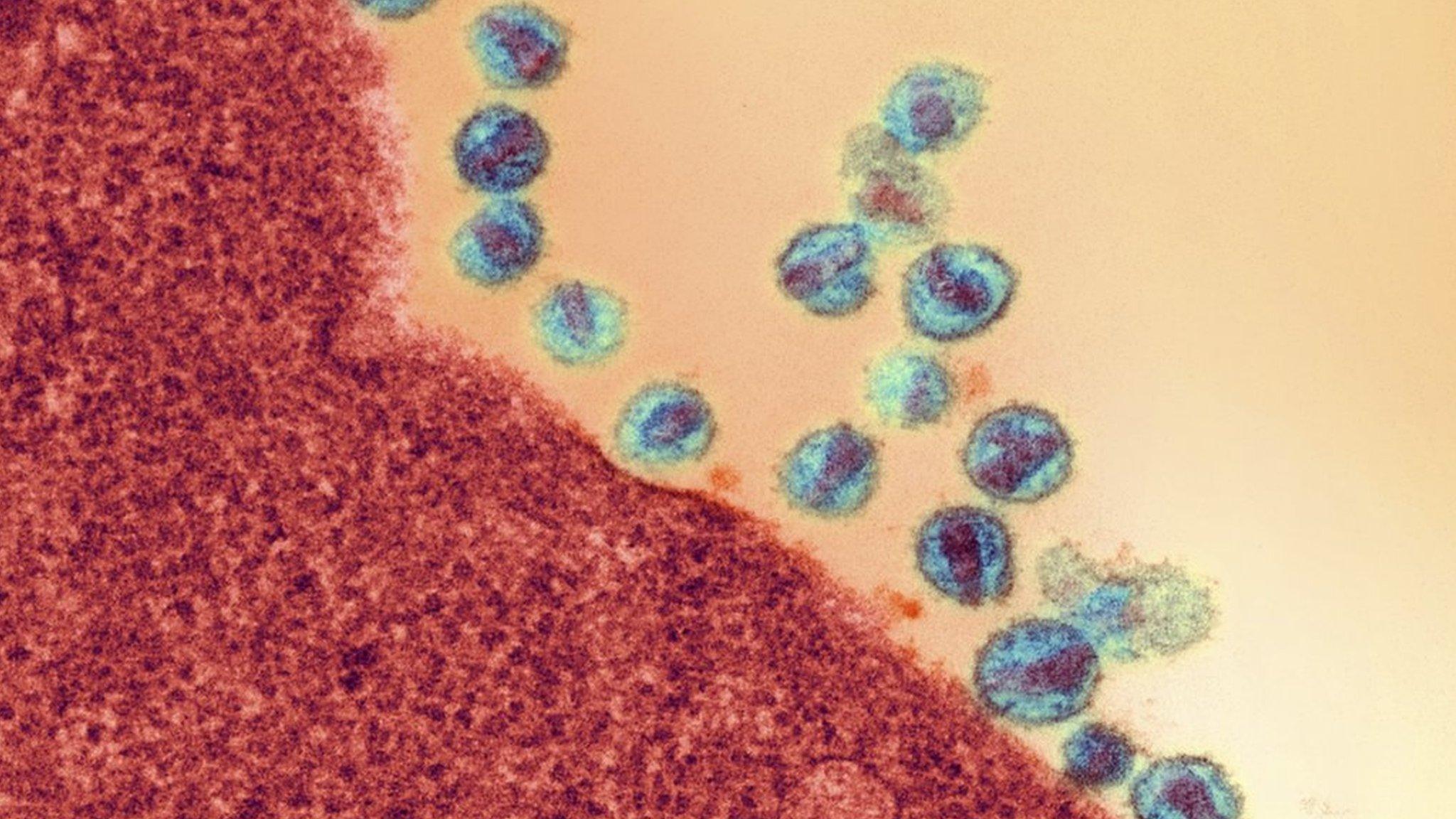Teenager Mercy Ngulube with HIV fighting for change
- Published
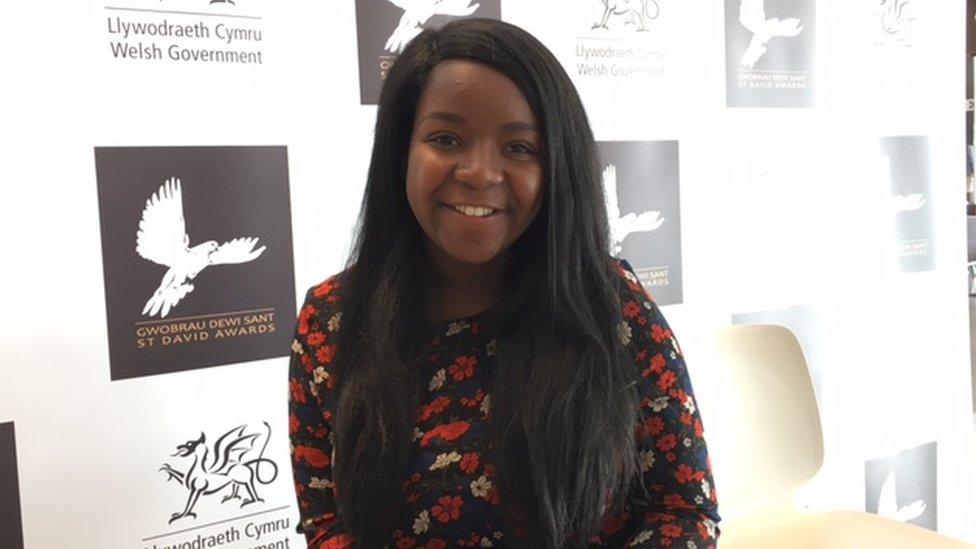
Mercy Ngulube is the former chair of the Children's HIV Association Youth Committee
For 16 years, Mercy Ngulube felt unable to share a secret - she was born with HIV.
Now, aged 19, she is a tireless campaigner aiming to tackle the stigma around the virus and is one of 25 people shortlisted for this year's St David Awards.
Here she shares her story.
I was born with HIV and growing up in Wales was really hard.
There are about 20 people living with HIV who were born with it here. So it's quite an isolated place to grow up, you don't really feel like you have peer support to be able to go and speak to others.
So until I was about 16 I didn't want to talk about it.
It's difficult as you feel like you're living a double life when actually you feel that you shouldn't be. Because, at the end of the day, it's a virus that's affecting my immune system and no-one else.
When I was able to be open about it with my close friends in Cardiff, the reaction I had was really positive.
And when I've had a reaction that isn't so positive, it's usually just down to misinformation that the person has - the fear of the unknown.
Mercy Ngulube on why she felt the need to speak out about HIV
Some of the misconceptions about HIV are around the different ways you can catch it, things like how close you are to dying and all that kind of stuff.
I think people just generally don't know the advancements we have seen in medicine over the past 30 years. People's beliefs are still stuck 30 years ago and there's a need for re-education about what it's like now.

What is HIV?
HIV (Human immunodeficiency virus) is a virus that damages the cells in your immune system and weakens your ability to fight everyday infections and disease
AIDS (acquired immune deficiency syndrome) is the name used to describe a number of potentially life-threatening infections and illnesses that happen when your immune system has been severely damaged by the HIV virus
While AIDS can't be transmitted from one person to another, the HIV virus can
There's currently no cure for HIV, but there are very effective drug treatments that enable most people with the virus to live a long and healthy life.
With an early diagnosis and effective treatments, most people with HIV won't develop any AIDS-related illnesses and will live a near-normal lifespan

I feel like HIV is something I can manage - I take medicine once a day, every day and have two blood tests in hospital a year - and that's it.
But, still, when I became a student at the University of Leicester I decided to keep my HIV quiet - it was a completely new city, you don't know anybody...
At the end of the day, I'm a teenager just trying to live my student life and have as much fun as possible.
But then last May, I received a Diana's Legacy award and I had to decide whether to come out publicly.
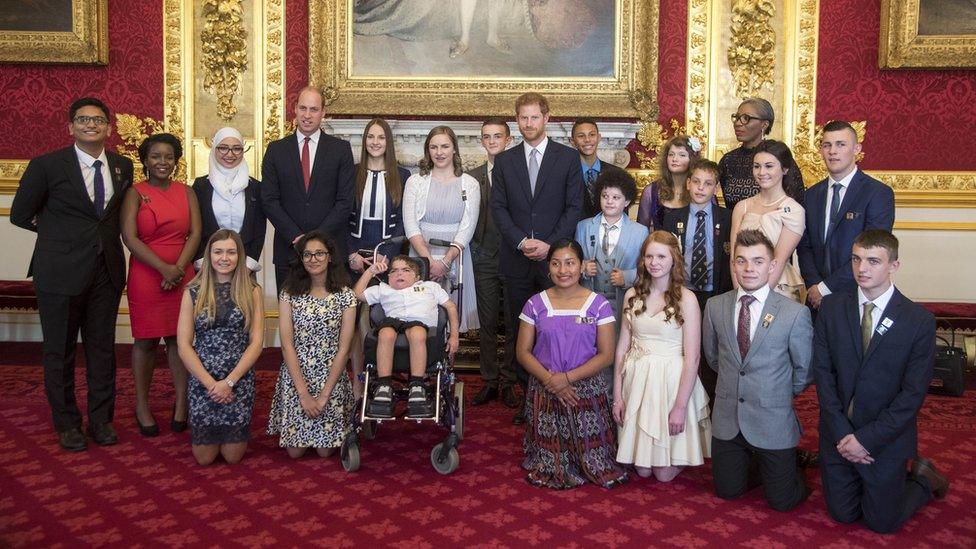
Prince William and Prince Harry with the winners of the Diana Awards
So I sat down with my closest university friends and said "this is what it is. I'm going to come out about it in a few weeks. I just wanted you to know before it was in the media".
After the award, I had a lot of people get in touch with me saying "oh, you're vocal about this, I'm going through this..."
And it was really nice for me to feel like people were able to come to me about things that might not even be related to HIV and saying "we can talk about the things in society that are taboo and we don't have to sit in silence about them anymore".
It's something I feel strongly about - I think it's annoying that I have to justify my humanity. To say, actually I might be living with this virus but I'm no less than any other person.
I think that's the annoying part, the fact people are so willing to dismiss a community just because of a medical condition that's literally just a virus attacking my immune system.
Luckily, I think awareness of HIV has got better in the last few years and I have seen a lot more opportunities for people living with HIV to talk about their experiences.
I think we're living in a really exciting time and behind that is young people who are saying "enough's enough".
I think being part of the first generation to grow up with HIV is quite a weird experience because there's quite a lot of question marks everywhere.
But actually it's about saying "I will put a full stop to that. I'm not going to deal with that anymore" and saying "I will be the voice that says no to injustice".
Which is why I feel thrilled to be shortlisted for a St David Award - just thrilled to have recognition from the Welsh Government. I think it's a really special and important thing.
- Published15 February 2018
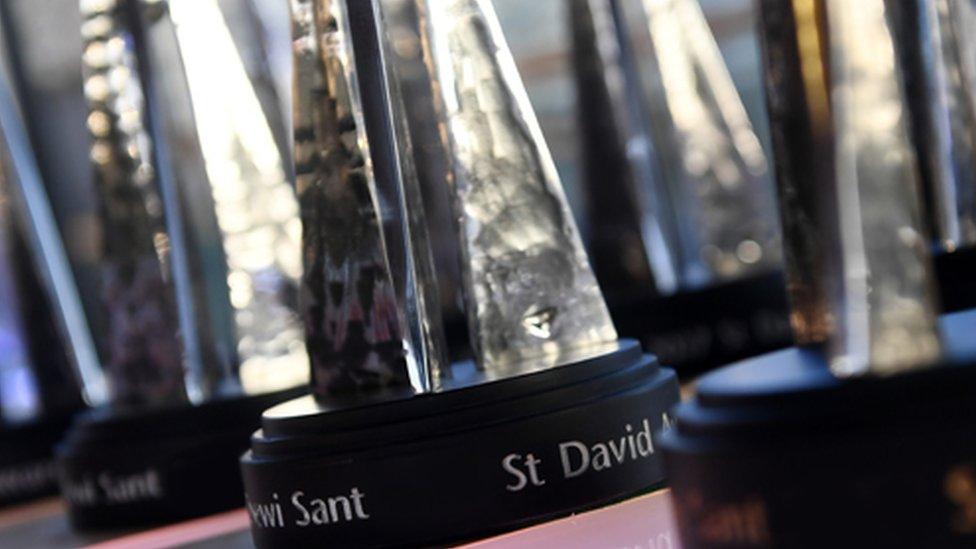
- Published9 January 2018
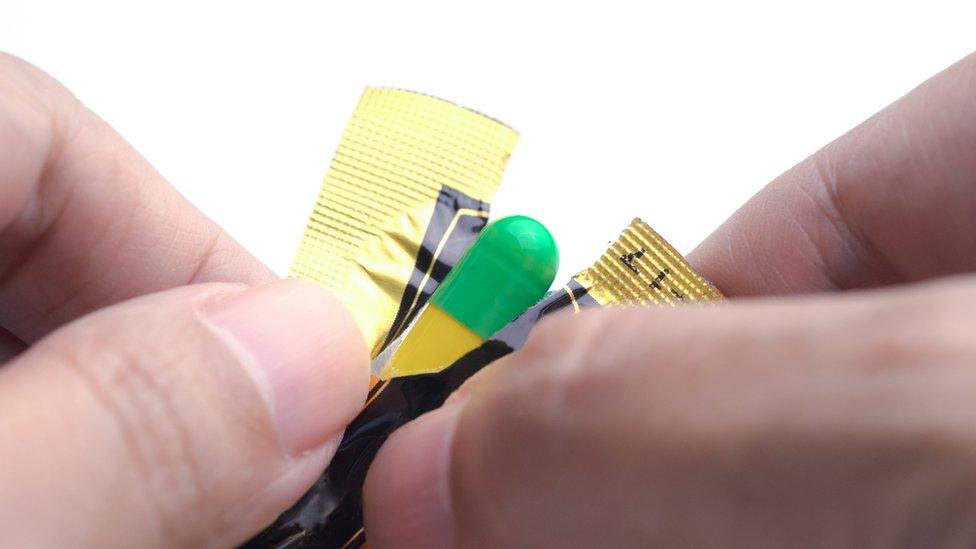
- Published28 April 2017
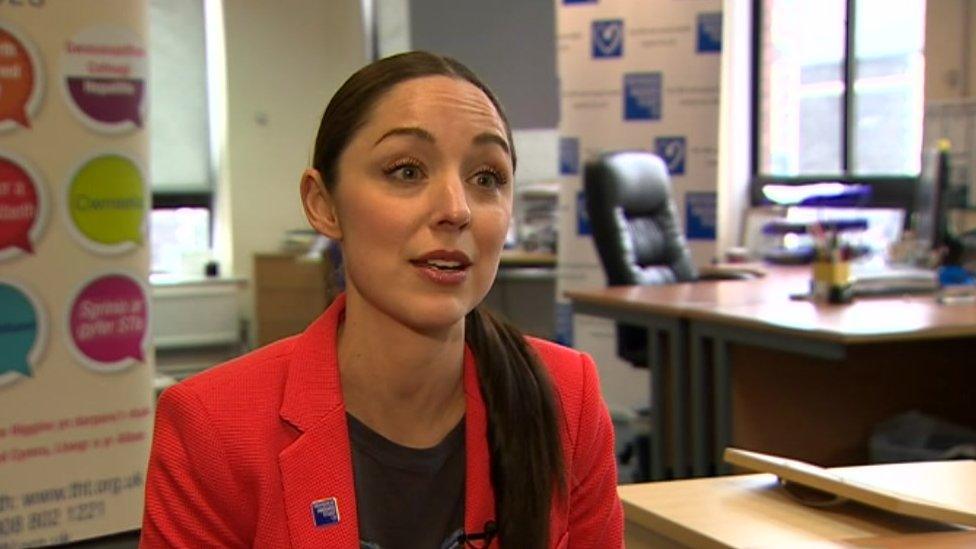
- Published26 April 2017
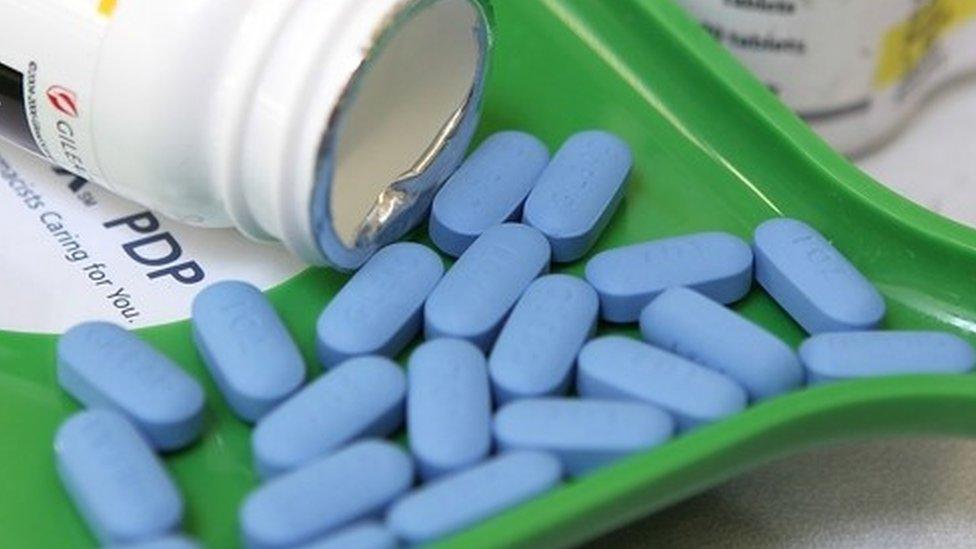
- Published6 August 2016
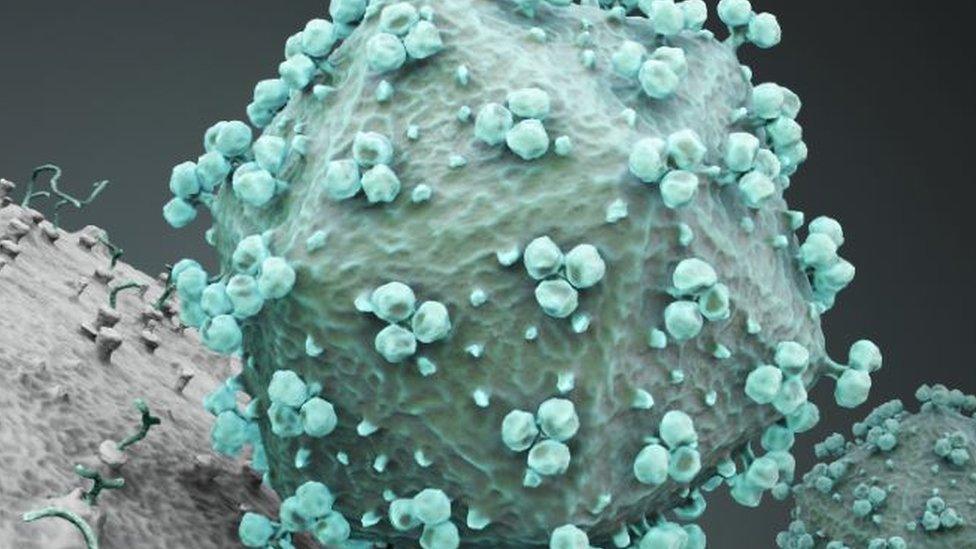
- Published6 August 2016
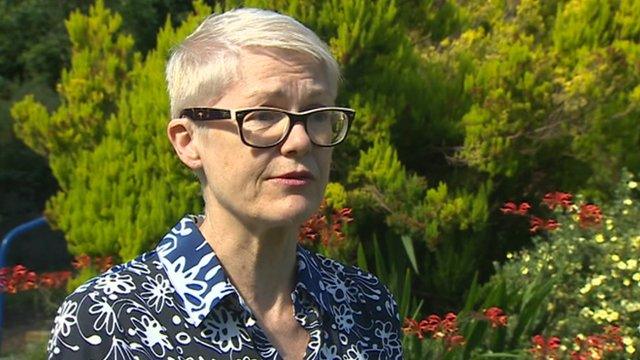
- Published18 May 2017
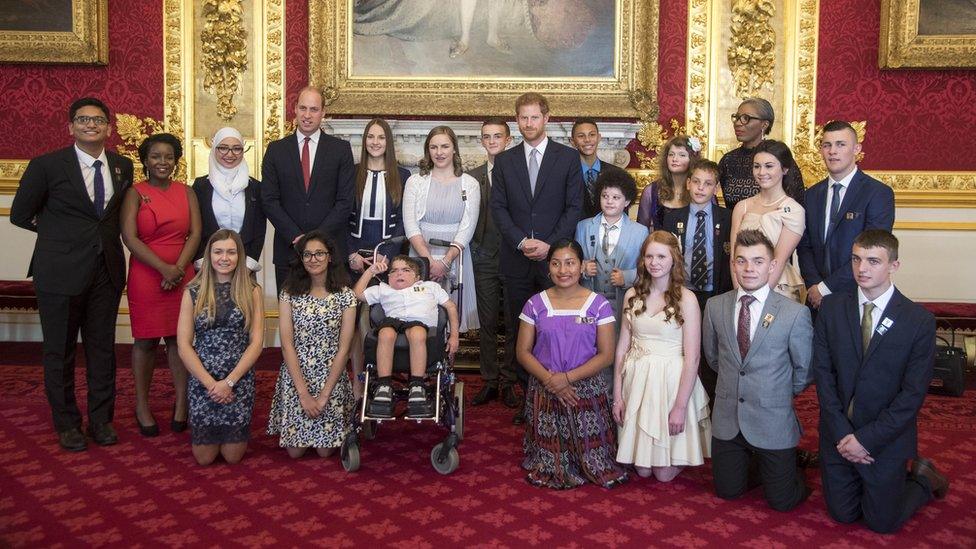
- Published2 August 2016
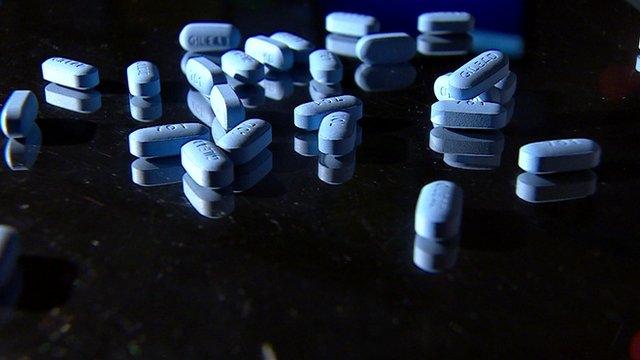
- Published22 February 2016
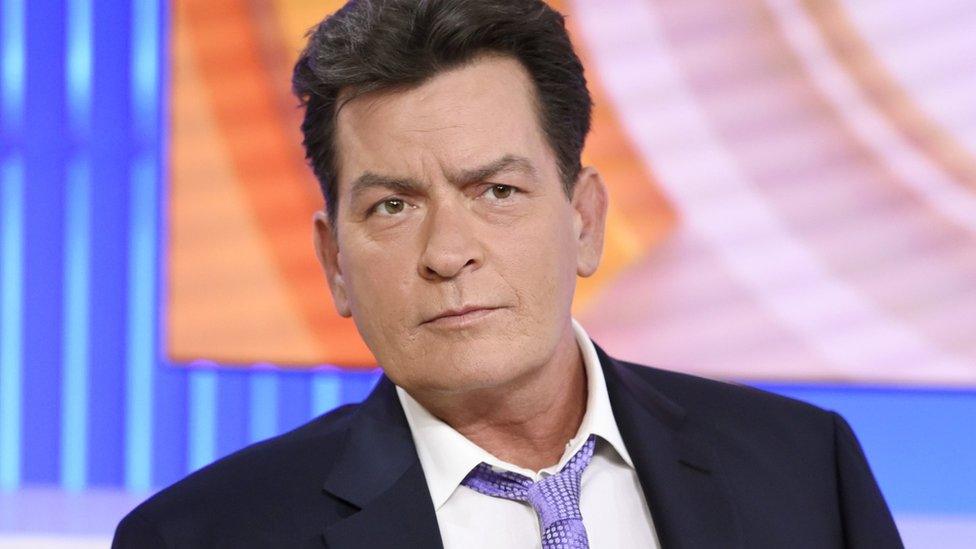
- Published31 July 2015
